Tag: Leadership
Wisdom for Teams #27


—
That which is not good for the hive, is not good for the bee.
—
MARCUS AURELIUS (121 – 180), Roman emperor and Stoic philosopher.
Wisdom for Teams #26
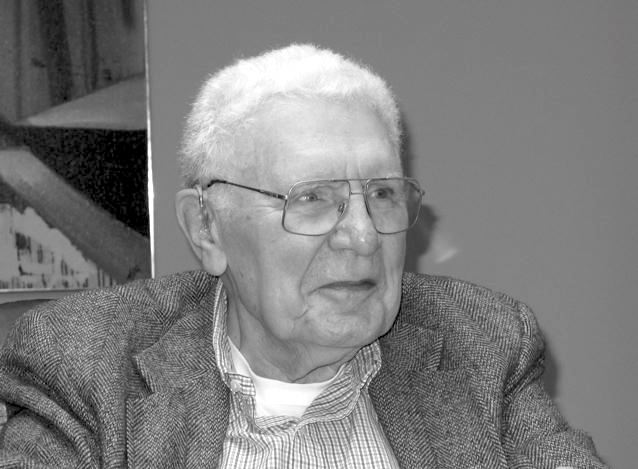

—
People learn more from their own mistakes than from the successes of others.
—
RUSSELL LINCOLN ACKOFF (1919 – 2009), American organizational theorist, consultant, pioneer in the field of operations research, systems thinking and management science.
Wisdom for Teams #25


—
“We could never learn to be brave and patient, if there were only joy in the world.“
—
HELEN KELLER (1880 – 1968), USA author, disability rights advocate, political activist and lecturer.
What Is Your Problem?


—
For the audio version of this post click below.
—
On July 6th I gave my first fact-to-face speech since the lockdown. I spoke at the BED Event in Barcelona for professionals of the events industry, both event organizers and providers. My question for them was: What is your problem?
One way of making sense of life, is to view the situations we face as a series of problems. For example, getting a degree, finding a job, and raising kids can be seen as “problems” we face in life.
Problems fall into one of two categories:
- Problems-we-have. Examples could be: I want a promotion; I want more clients; I need someone in my life. What do these problems all have in common? In all of them we occupy the center stage and the spotlight is shining on us.
- Problems-we-solve. Examples could be: I want to participate more in the company’s success; I want to serve more clients; I’d love to share my life with someone special. These problems have in common the fact that other people occupy the center stage and the spotlight is shining on them.
—
Generosity is the highest form of fulfilment.
—
Notice how both types of problems deal with the same situations and the same people. The difference is who the problem is about: us or others. Now look back on the lives of your role models. Was it a series of problems-they-had or problems-they-solved?
From what I’ve seen in my 45 years, it is much easier to deal with the challenges we face, both professionally and in our personal life, when we transform problems-we-have into problems-we-solve by moving our butts away from the center stage and shinning the spotlight on others.
—
So what problems are you solving at this point in your life?
Given the recent changes in the world, what new problems could you solve?
—
Wisdom for Teams #24


—
“That’s what I consider true generosity. You give your all, and yet you always feel as if it costs you nothing.”
—
SIMONE DE BEAUVOIR (1908 – 1986), French writer, existentialist philosopher, political activist, feminist, and social theorist.
Wisdom for Teams #23


—
“Without the understanding that we need a particular form of aid at every crucial threshold in our lives, and without the robust vulnerability in asking for that help, we cannot pass through the door that bars us from the next dispensation of our lives.”
—
DAVID WHYTE (Born 1955), Anglo-Irish poet; His writing explores the timeless relationship of human beings to their world, to creation, to others, and to the end of life itself.
Wisdom for Teams #22


—
“Why not whip the teacher when the student misbehaves?”
—
DIOGENES THE CYNIC (412 or 404 – 323 BCE), Greek philosopher and one of the founders of Cynic philosophy.
Wisdom for Teams #21


—
“If the highest aim of a captain were to preserve their ship, they would keep it in port forever.”
—
Thomas Aquinas (1225 – 1274), Influential Italian philosopher, theologian, and jurist; a Dominican friar and priest.
Wisdom for Teams #20
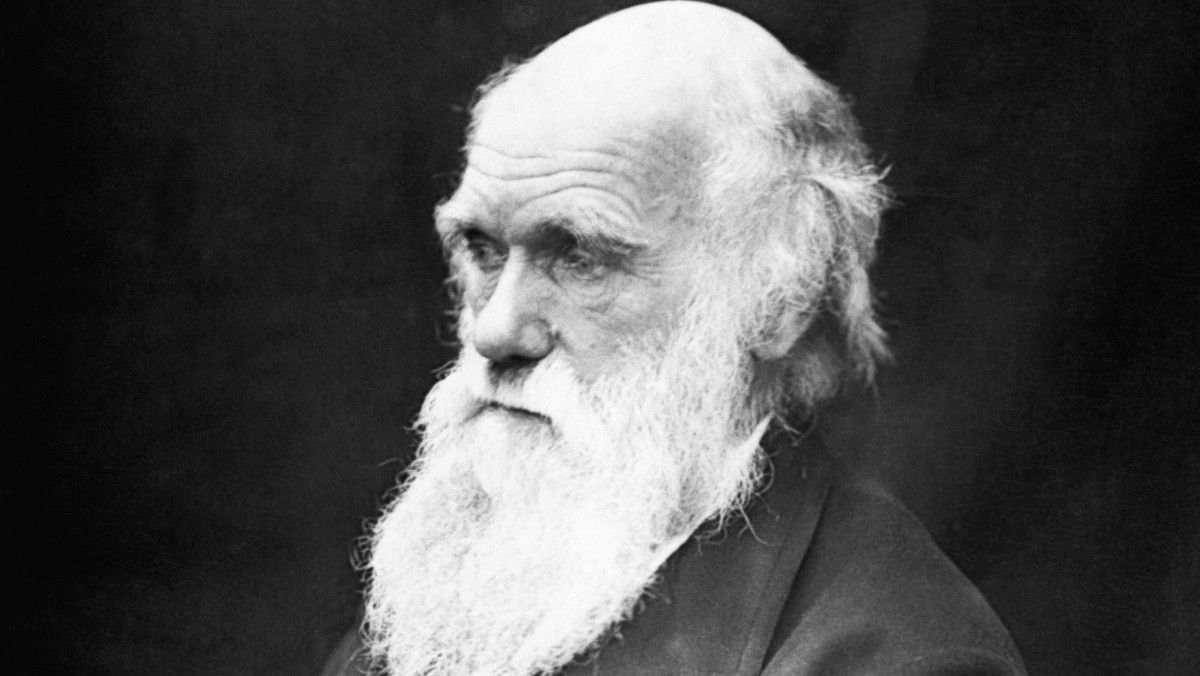
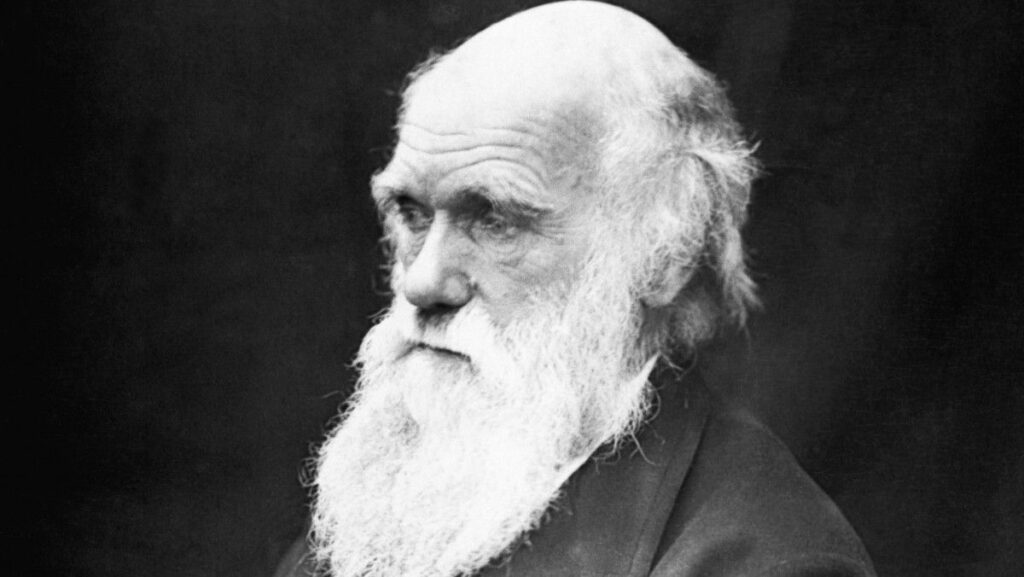
—
“It is the long history of humankind (and animal kind, too) that those who learned to collaborate and improvise most effectively have prevailed.”
—
CHARLES DARWIN (1809 – 1882), English naturalist, geologist and biologist, best known for his contributions to the science of evolution.
Wisdom for Teams #19
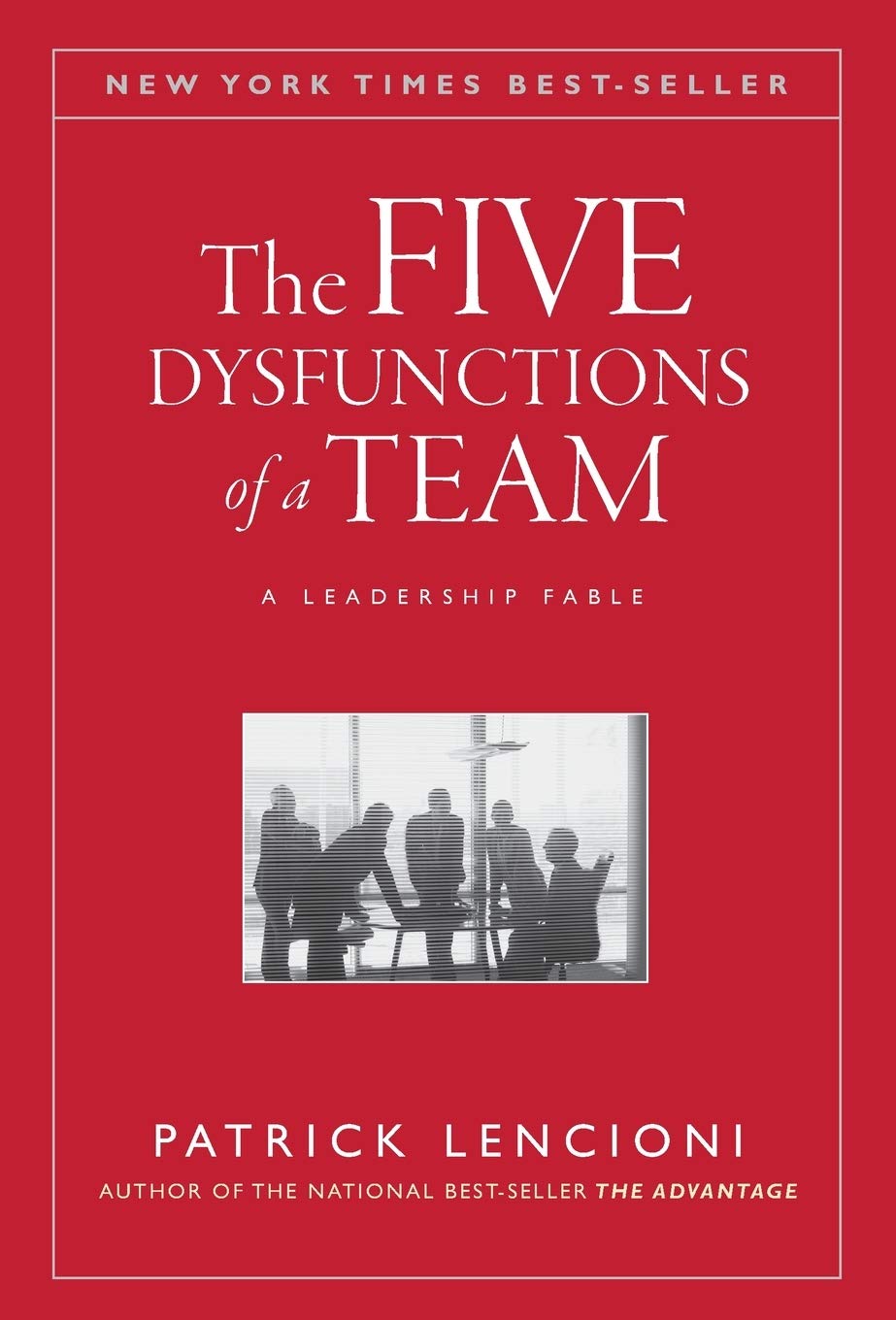
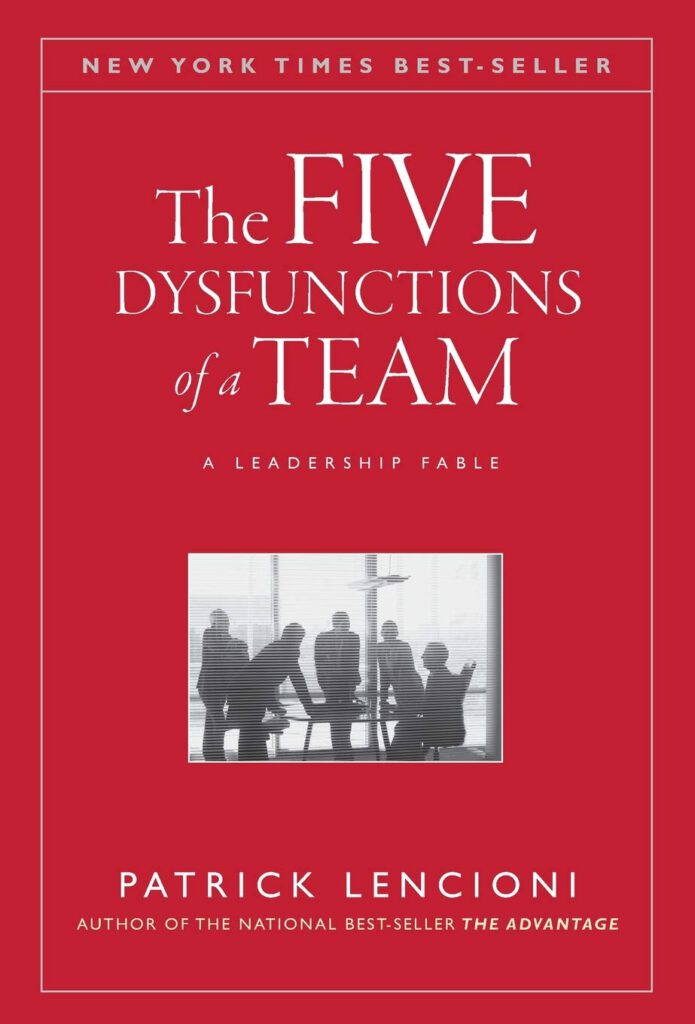
—
“Teamwork begins by building trust. And the only way to do that is to overcome our need for invulnerability.”
—
PATRICK LENCIONI (born 1965), American author and speaker on business management, best known for the book The Five Dysfunctions of a Team.

